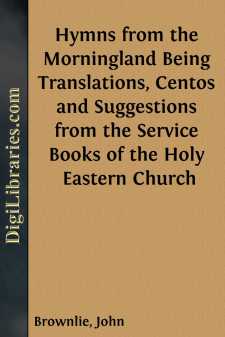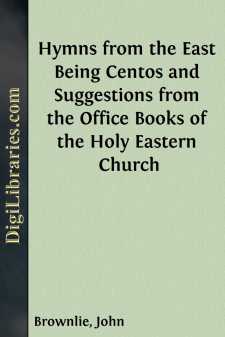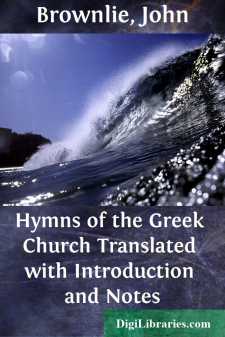Categories
- Antiques & Collectibles 13
- Architecture 36
- Art 48
- Bibles 22
- Biography & Autobiography 815
- Body, Mind & Spirit 144
- Business & Economics 28
- Children's Books 18
- Children's Fiction 14
- Computers 4
- Cooking 94
- Crafts & Hobbies 4
- Drama 346
- Education 58
- Family & Relationships 59
- Fiction 11835
- Games 19
- Gardening 17
- Health & Fitness 34
- History 1378
- House & Home 1
- Humor 147
- Juvenile Fiction 1873
- Juvenile Nonfiction 202
- Language Arts & Disciplines 89
- Law 16
- Literary Collections 686
- Literary Criticism 179
- Mathematics 13
- Medical 41
- Music 40
- Nature 180
- Non-Classifiable 1768
- Performing Arts 7
- Periodicals 1453
- Philosophy 65
- Photography 2
- Poetry 896
- Political Science 203
- Psychology 44
- Reference 154
- Religion 515
- Science 126
- Self-Help 85
- Social Science 83
- Sports & Recreation 34
- Study Aids 3
- Technology & Engineering 59
- Transportation 23
- Travel 463
- True Crime 29
John Brownlie
John Brownlie (1857–1925) was a Scottish hymn writer and translator known for his work in translating early Greek and Latin hymns into English. He served as a minister in the Free Church of Scotland and later in the Church of Scotland. Brownlie's notable contributions include the books "Hymns of the Early Church" and "Hymns from the Greek Office Books," which helped to popularize ancient Christian hymns. His work is remembered for its faithfulness to the original texts and its impact on English hymnody.
Author's Books:
Sort by:
by:
John Brownlie
INTRODUCTION Critics are of three classes:—the laudatory, who, if they see anything to complain of, make no complaint; the severe, who, if they see anything deserving commendation, say nothing about it; and the discriminating, who see both and say it, and at the same time throw out hints which as a rule are both acceptable and helpful. Particularly is this the case when the advice tendered confirms a...
more...
by:
John Brownlie
I O destitute of all defence, We bow before Thee now; In mercy let Thy mercy come, For merciful art Thou. II Our trusting souls in quiet repose Would rest Thy love within;— O be not angry with us, Lord, Nor think upon our sin.[14]III But from Thy high abode look down, With tender love the while, And save us from our foes who would Our wayward hearts beguile. IV For, verily Thou art our God, And we...
more...
by:
John Brownlie
INTRODUCTION This fourth series of Hymns from the Office Books of The Holy Eastern Church, differs from the preceding three in this, that the hymns are less translations or renderings, and more centos and suggestions. One cannot continue long to interest himself in any work, and receive from time to time the observations and criticisms of his fellows, without, if he have his eyes and mind open to...
more...
by:
John Brownlie
INTRODUCTION I. Thirty-eight years ago, Dr. John Mason Neale published his Hymns of the Eastern Church, and for the first time English readers were introduced to the priceless gems of Greek hymnody. At the close of his preface he throws out a challenge which, as far as the present writer is aware, has not yet been taken up. He says: ‘And while fully sensible of their imperfections, I may yet, by way...
more...





